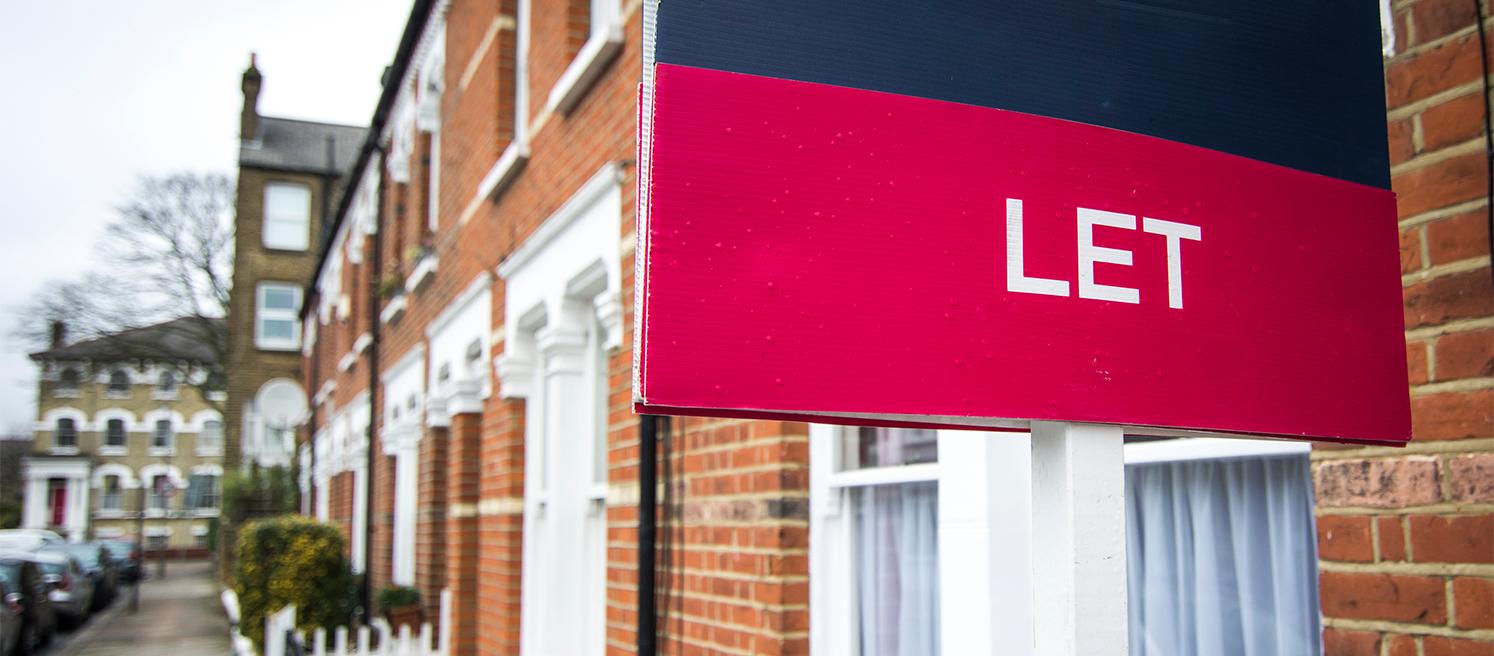
Company address: Euxton Mortgage Market, Hearle House, 5 East Terrace Business Park, Euxton Lane, Chorley, Lancashire, PR7 6TB
T: 01257208946 F: 01257208947 Email: info@euxtonmortgagemarket.co.uk
Euxton Mortgage Market are impartial mortgage advisers covering Euxton and the surrounding areas, including: Leyland, Bamber Bridge, Farrington, Lostock Hall, Longton, Adlington, Charnock Richard, Croston and Rivington.
Adrian John Wood, trading as Euxton Mortgage Market, is an appointed representative of HL Partnership Limited, which is authorised and regulated by the Financial Conduct Authority. H L Partnership Limited is entered on the Financial Services Register (https://register.fca.org.uk/s/) under reference 303397.
Adrian John Wood is entered on the Financial Services Register (www.fca.org.uk/register) under reference 682490.
*Some of these products are not regulated by the Financial Conduct Authority.
The guidance and/or information contained within this website is subject to the UK regulatory regime and is therefore targeted at consumers based in the UK.
© Copyright 2026 WEBPRO Mortgage. All Rights Reserved.







